
Kód: 04866338
Poverty and Fundamental Rights
Autor Bilchitz, David (Lecturer in Jurisprudence, University of the Witwatersrand, Johannesburg, and Senior Researcher at the South African Institute for Advanced Constitutional, Public, Human Rights, and I
This book addresses the pressing issue of severe poverty and inequality, and questions why violations of socio-economic rights are treated with less urgency than violations of civil and political rights, such as the right to freed ... celý popis
- Jazyk:
 Angličtina
Angličtina - Vazba: Pevná
- Počet stran: 298
Nakladatelství: Oxford University Press, 2007
- Více informací o knize

Mohlo by se vám také líbit
Dárkový poukaz: Radost zaručena
- Darujte poukaz v libovolné hodnotě a my se postaráme o zbytek.
- Poukaz se vztahuje na celou naši nabídku.
- Elektronický poukaz vytisknete z e-mailu a můžete ihned darovat.
- Platnost poukazu je 12 měsíců od data vystavení.
Více informací o knize Poverty and Fundamental Rights
Nákupem získáte 491 bodů
 Anotace knihy
Anotace knihy
This book addresses the pressing issue of severe poverty and inequality, and questions why violations of socio-economic rights are treated with less urgency than violations of civil and political rights, such as the right to freedom of speech or to vote? Socio-economic rights have been widely regarded as aspirational goals, rhetorically useful, but having few practical implications for government policy and the distribution of resources within a polity. It is not therefore surprising that socio-economic rights have been systematically neglected in the world today, with millions still lacking access to even basic shelter, food or health-care. This book seeks to provide a sustained argument for placing renewed emphasis upon socio-economic rights in the fight against desperate poverty. It utilizes a combination of political philosophy, constitutional law, and public policy in its focus on the right to food, to housing, and to health-care. Part I involves the development of a philosophical theory of rights that provides a common normative foundation for both civil and political rights and socio-economic rights.This theory involves developing an understanding of value that recognizes individuals have fundamental interests of differing levels of urgency. It also involves drawing an important distinction between conditional rights that flow purely from a normative focus on the equal importance of individuals and unconditional rights that involve competing normative and pragmatic considerations. A general theory of judicial review is also put forward that provides a justification for judicial involvement in the enforcement of socio-economic rights. Part II then considers the implications of this general philosophical theory for the interpretation and enforcement of socio-economic rights in law. The focus of this more applied discussion is upon South Africa, where entrenched, directly justiciable socio-economic rights are expressly protected in the Constitution. The 'reasonableness' interpretive approach adopted by South Africa's Constitutional Court is critiqued and a modified version of the 'minimum' core approach proposed as the leading alternative.The latter approach requires priority to be given to the worst off in society through placing a heavy burden of justification on any society that fails to meet the minimal interests of individuals. It also requires concrete steps to be taken towards realizing a higher level of provision that guarantees individuals the necessary conditions for realizing a wide range of purposes. This approach is also shown to have important policy implications both for developing and developed countries and can, it is hoped, assist in creating an urgency and commitment towards eradicating extreme poverty.
 Parametry knihy
Parametry knihy
Zařazení knihy Knihy v angličtině Society & social sciences Politics & government Political control & freedoms
4911 Kč
- Plný název: Poverty and Fundamental Rights
- Podnázev: The Justification and Enforcement of Socio-Economic Rights
- Autor: Bilchitz, David (Lecturer in Jurisprudence, University of the Witwatersrand, Johannesburg, and Senior Researcher at the South African Institute for Advanced Constitutional, Public, Human Rights, and I
- Jazyk:
 Angličtina
Angličtina - Vazba: Pevná
- Počet stran: 298
- EAN: 9780199204915
- ISBN: 0199204918
- ID: 04866338
- Nakladatelství: Oxford University Press
- Hmotnost: 593 g
- Rozměry: 241 × 161 × 21 mm
- Datum vydání: 01. January 2007
Oblíbené z jiného soudku
-
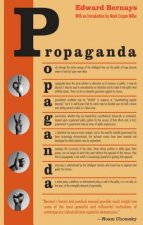
Propaganda
401 Kč -

On Palestine
344 Kč -

Palestine in Israeli School Books
1222 Kč -

Citizenship
384 Kč -

Manufacturing Consent
357 Kč -

In Order To Live
316 Kč -

Long Walk To Freedom
410 Kč -
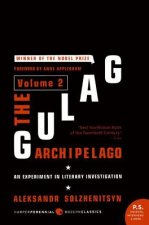
The Gulag Archipelago, 1918-1956
465 Kč -
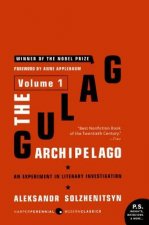
The Gulag Archipelago, 1918-1956
439 Kč -

The Gulag Archipelago
410 Kč -
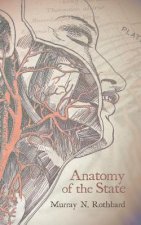
Anatomy of the State
307 Kč -
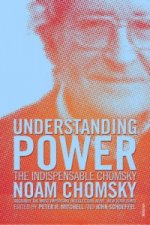
Understanding Power
464 Kč -

Parkland: Birth of a Movement
464 Kč -

Suffragettes
90 Kč -

Media Control - Post-9/11 Edition
223 Kč -

Beyond Chutzpah
1021 Kč -

Stromaufwärts zur Quelle
481 Kč -
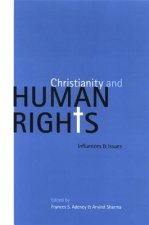
Christianity and Human Rights
1165 Kč -

Nothing To Envy
254 Kč -

New Jim Crow
303 Kč -

Inventing Human Rights
377 Kč -

Gift of Love
276 Kč -

Commissar Vanishes
684 Kč -

Rights of Man
196 Kč -

Gulag Archipelago
464 Kč -

On Liberty
276 Kč -
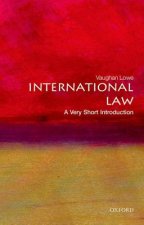
International Law: A Very Short Introduction
254 Kč -
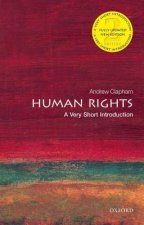
Human Rights: A Very Short Introduction
254 Kč -
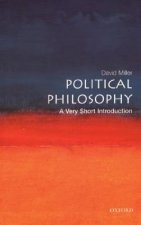
Political Philosophy: A Very Short Introduction
249 Kč -

Red Horizons
473 Kč -

Cultural Cold War
486 Kč -

The Net Delusion
303 Kč -

How Propaganda Works
515 Kč -

Creating Capabilities
597 Kč -
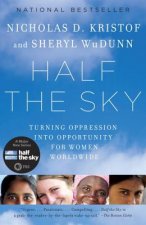
Half the Sky
358 Kč -

Uncreative Writing
551 Kč -

Summary of Propaganda by Edward Bernays
178 Kč -
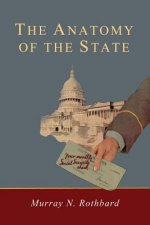
Anatomy of the State
202 Kč -

Constructing Cassandra
1036 Kč -

I Have a Dream
394 Kč -
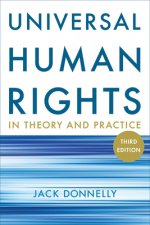
Universal Human Rights in Theory and Practice
891 Kč -

Legitimacy of International Human Rights Regimes
1259 Kč -

New World of Indigenous Resistance
474 Kč -

Fear No Evil
472 Kč -
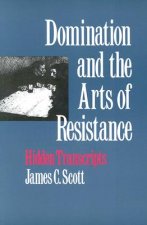
Domination and the Arts of Resistance
554 Kč -

Handbook of Tyranny
829 Kč -

Desert and the Sea
303 Kč -

In Harm's Way
1744 Kč -

Witness for the Defense
546 Kč
Osobní odběr Praha, Brno a 12903 dalších
Copyright ©2008-24 nejlevnejsi-knihy.cz Všechna práva vyhrazenaSoukromíCookies







 Vrácení do měsíce
Vrácení do měsíce 571 999 099 (8-15.30h)
571 999 099 (8-15.30h)